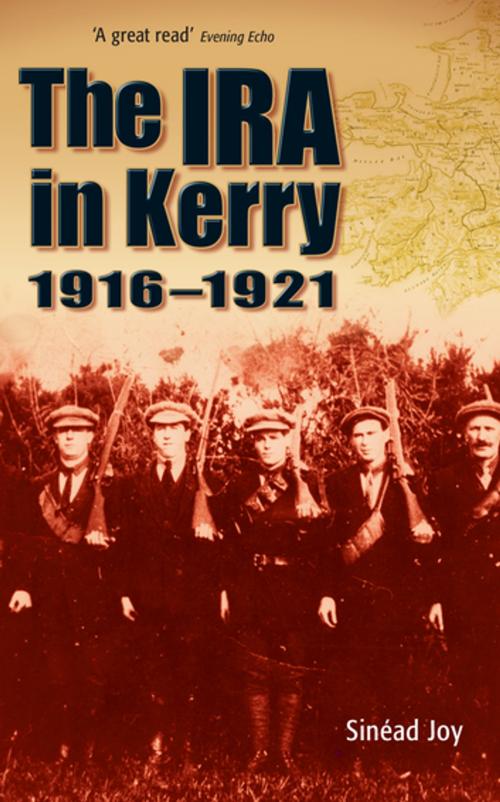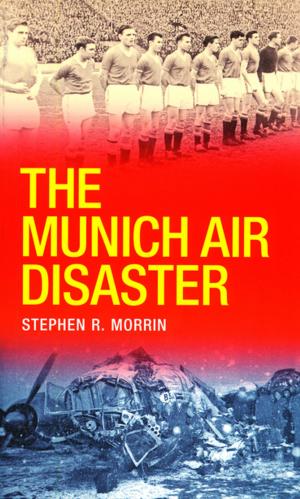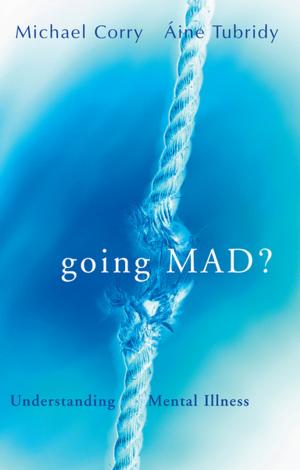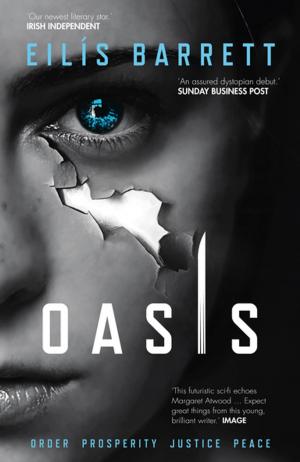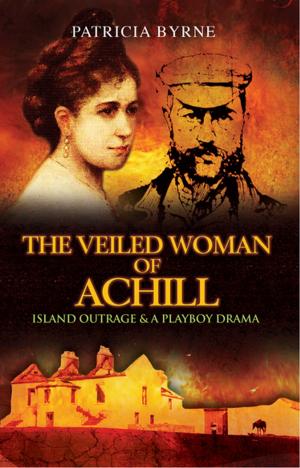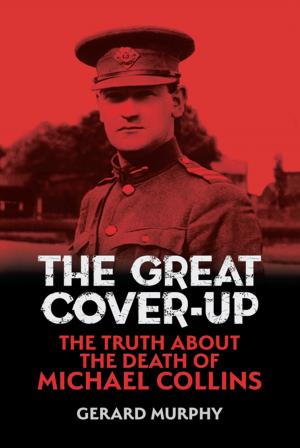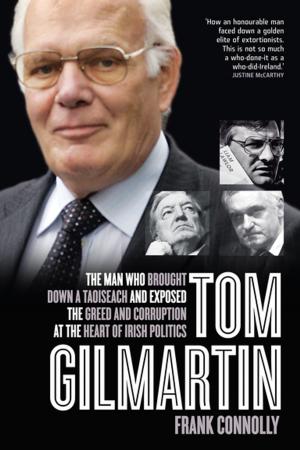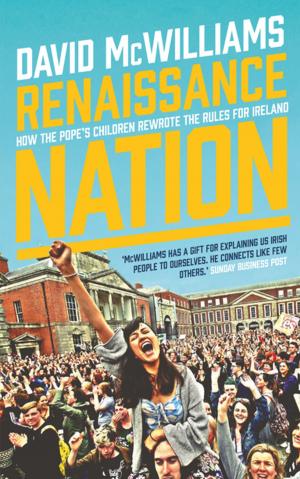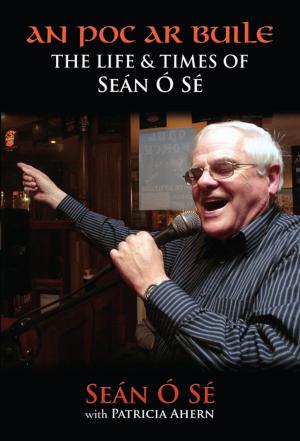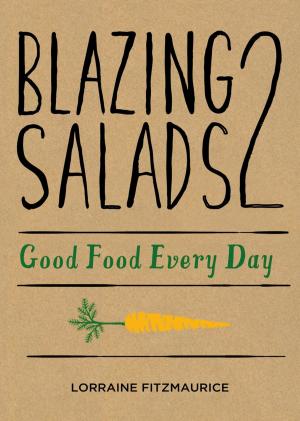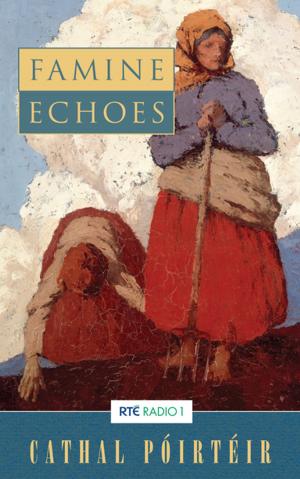| Author: | Sinead Joy | ISBN: | 9781848899056 |
| Publisher: | Gill Books | Publication: | April 10, 2005 |
| Imprint: | The Collins Press | Language: | English |
| Author: | Sinead Joy |
| ISBN: | 9781848899056 |
| Publisher: | Gill Books |
| Publication: | April 10, 2005 |
| Imprint: | The Collins Press |
| Language: | English |
The traditional view of the IRA in Ireland in the period 1916–1921 of heroes living only for the republic, courageous and undeterred, has come in for close scrutiny in recent years. Who joined and what were their motives and backgrounds? What was their general character like? Were there lapses in conduct? Were the fighting men an efficient revolutionary force? Did they maximise their resources against the occupying forces? Separating fact from fiction in history has always been problematic in Irish history. This study of the guerrilla war in Kerry dispels some of the myths and gives an accurate profile of the rebels active in Kerry during this period. Attempting to profile the character of those who got involved, it questions their reasons for joining and their commitment to the notion of a republic. Many young volunteers did not expect to become part of a war; volunteering allowed repressed youths escape the traditional and predictable lives mapped out for them. The result is sometimes critical as it considers the effects of the war on Kerry’s civilian population and the varying level of support for the IRA. Overall this book presents a picture of what Kerry was like during this war taking account of the perceptions of the community as a whole, Irish or British, Catholic or Protestant, fighter, soldier or civilian.
The traditional view of the IRA in Ireland in the period 1916–1921 of heroes living only for the republic, courageous and undeterred, has come in for close scrutiny in recent years. Who joined and what were their motives and backgrounds? What was their general character like? Were there lapses in conduct? Were the fighting men an efficient revolutionary force? Did they maximise their resources against the occupying forces? Separating fact from fiction in history has always been problematic in Irish history. This study of the guerrilla war in Kerry dispels some of the myths and gives an accurate profile of the rebels active in Kerry during this period. Attempting to profile the character of those who got involved, it questions their reasons for joining and their commitment to the notion of a republic. Many young volunteers did not expect to become part of a war; volunteering allowed repressed youths escape the traditional and predictable lives mapped out for them. The result is sometimes critical as it considers the effects of the war on Kerry’s civilian population and the varying level of support for the IRA. Overall this book presents a picture of what Kerry was like during this war taking account of the perceptions of the community as a whole, Irish or British, Catholic or Protestant, fighter, soldier or civilian.
